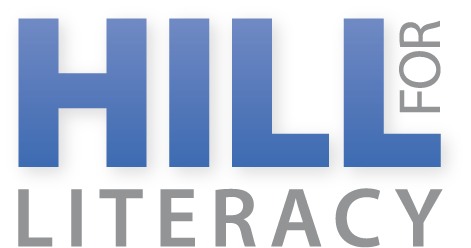
- This event has passed.
Close Reading and Critical Thinking for the Common Core
How do we fulfill the expectations of the Common Core with struggling readers, advanced readers and everyone in-between, when we know that close reading is a difficult skill even for experienced, adult readers?
Close Reading can be extremely engaging, productive and confidence-boosting for the struggling reader and the advanced reader alike. Critical thinking, a highly valuable skill, together with close reading are the keys not only to the Common Core, but future academic success. Furthermore, how do we extend the thinking around a piece of text, enabling students to access deep meanings, create thinking analogies and encourage perspective taking? How do we provide our students with the ability and opportunity to think critically about ideas while they engage with a piece of text? Participants will explore these questions while cultivating their own ability to think critically about these practices. Workshop is appropriate for K-5.
Day 1:
- Learn strategies for helping students gather evidence, knowledge, and insight from what they read and discuss methods for gradually releasing them towards independence.
- Participate in an adult-level close reading experience. Learn to write text-dependent questions for both narrative and expository genres, and how to provide entry-points for all children through discourse, visual media, and annotation.
- Participants are encouraged to bring a text in order to develop close reading lesson strategies that they can use with their own students.
Day 2:
- Understand the disciplinary overlaps in CCSS and how elements of critical thinking are integrated throughout.
- Engage in multiple opportunities to think critically using video, social media and primary source texts.
- Explore scaffolds for integrating critical thinking into multiple classroom contexts.
- Plan to apply critical thinking models into reading and writing within your common core classroom.
Note: Students with difficulties decoding the text can be assisted to grapple with the deep meanings and sophisticated syntax that complex texts provide. These motivating practices provide an excellent counterpoint to intensive decoding and fluency intervention that many struggling readers receive.
